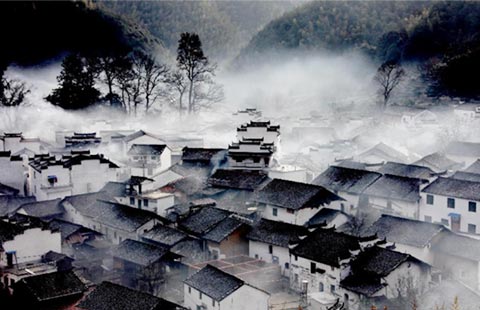High-profile authors join hands to boost regional literature
By Mei Jia ( China Daily ) Updated: 2015-06-17 07:46:52
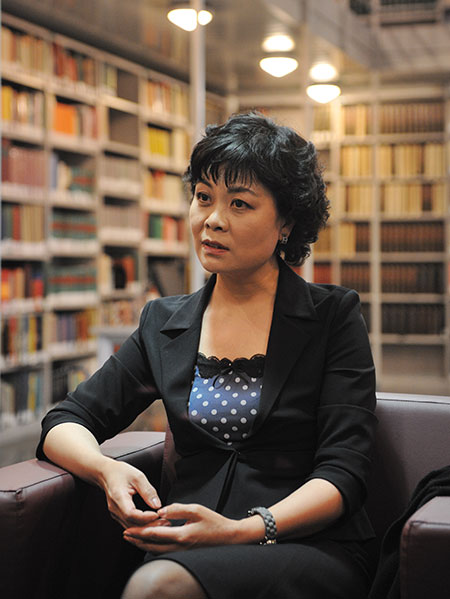 |
|
Chinese writer Tie Ning is a keynote speaker at the literary forum in Beijing. [Photo/China Daily] |
"We can understand each other with or without translation," the Nobel laureate says.
"Literature is about humans and human emotions. Writers' commitment to one another and their literary bonding can travel further and influence deeper than politics."
Shimada Masahiko, the Japanese writer whose novel The Dream Messenger has won much international acclaim, says he personally likes both China and South Korea as his neighbors and that he has traveled extensively through them both for his translation and publication work.
"Here we are in Beijing, drinking and chatting about literature to eliminate opposing feelings," Masahiko says, adding that the attending writers found many things in common, including their taste in alcohol.
New trends in literature in China, Japan and South Korea were discussed at the forum over different sessions.
While Masahiko appears to strengthen the diversity of contemporary Japanese writing, Choi says that South Korean writers have stepped out from their nationalist era and are enjoying a lighter and peaceful period.
"Korean writers nowadays are luckier than their predecessors because they are presented with more chances for international exchanges," Choi says.
According to Tie, what Chinese writers are witnessing can be shared by Korean and Japanese writers.
In the 1980s, writers seemed to be at the center of Chinese society. But since the country's rapid transformation in the past two decades, writers are exposed to so many new experiences that they are struggling to present through their own voices to readers.
Chinese writers born in the 1950s and three decades thereafter were invited to attend the forum, showing the continuity and diversity of Chinese literature, the organizers say.
|
|
|
|
|
|
|
|

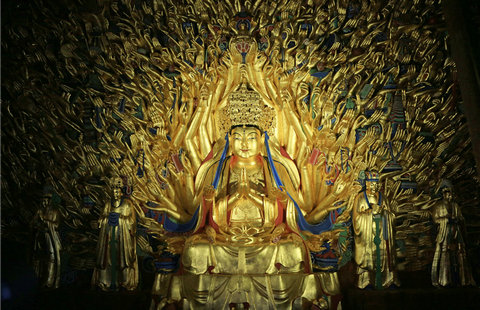


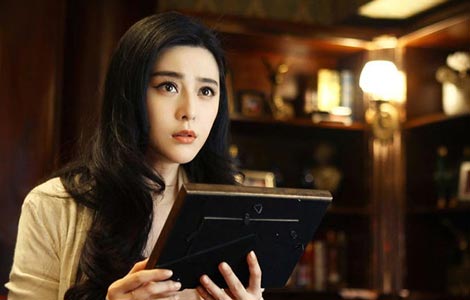
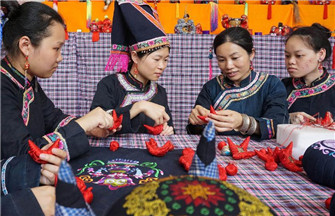

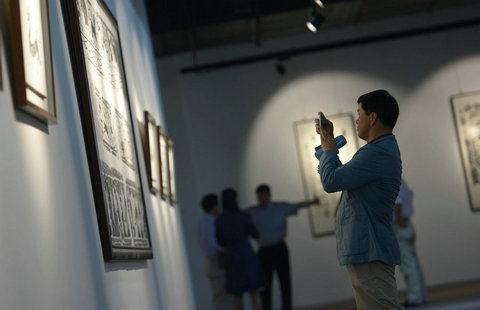













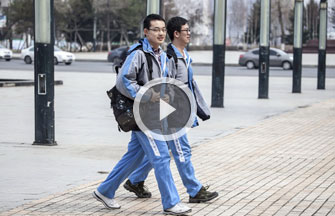
 Raymond Zhou:
Raymond Zhou: Pauline D Loh:
Pauline D Loh: Hot Pot
Hot Pot Eco China
Eco China China Dream
China Dream China Face
China Face




